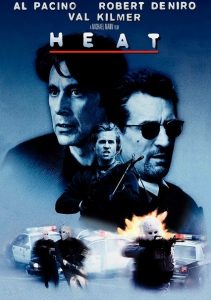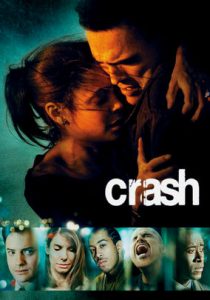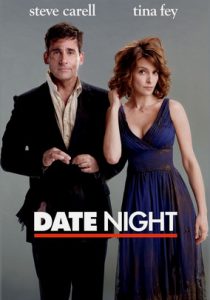Heat-1995
Director Michael Mann
Starring Al Pacino, Robert De Niro, Val Kilmer
Scott’s Review #1,228
Reviewed February 12, 2022
Grade: A-
Fans of the popular 1980s NBC television series, Miami Vice will recall that Michael Mann was the Executive Producer of the show during its run. He has a distinctive crime thriller style that goes perfectly well with Heat, a sizzling 1995 offering starring two film greats-Al Pacino and Rober De Niro.
The fact that the pair do not appear too often on screen together can be forgiven because when they are the stars align and the power of quiet scenes cannot be outdone. I savored over the moment when they first appeared together. Quality over quantity.
De Niro plays Neil McCauley, a lifelong criminal who is trying to handle damage control caused by one of his men, while also planning one last big heist before retiring to parts unknown. He meets a lovely young Los Angeles-based artist played by Amy Brenneman in a diner and the two plan to relocate abroad.
Meanwhile, Lieutenant Hanna (Al Pacino) is a seasoned officer attempting to track down McCauley and his cohort while dealing with the chaos in his own life, including the infidelity of his wife (Diane Venora) and the unhinged mental health of his stepdaughter (Natalie Portman).
McCauley and Hanna discover mutual respect, even as they try to thwart each other’s plans. The two characters become doppelgangers of one another. The situation comes to a cat-and-mouse-based conclusion on the tarmac of LAX airport.
To say that Heat is a by-the-numbers 1990s thriller is a fair assessment although it’s way better than that classification and it’s of that genre.
For starters, the acting is superior, and obviously, De Niro and Pacino bring a level of professionalism to the film in the lead roles. My favorite scene is not the one you’d most expect me to say but rather a quiet and powerful chit-chat in a small coffee shop. They are rivals, having lived opposite lives, and yet have troubled lives that mirror each other.
Without a doubt, Hanna wants to bring McCauley to justice, and yet he admires him and sees parts of himself in the man. The feeling is mutual and the two actors relay this revelation without actually speaking the words. Viewers immerse themselves into the characters pivoting from this powerful scene.
There are a ton of characters in Heat but each one feels like he or she has much to offer. Juicy storylines are introduced but never forgotten even if not part of the main canvas. Hanna’s wife and stepdaughter play a central part in the final act even though they mainly appear during the first chapter.
In supporting roles, Val Kilmer and Ashley Judd share beautiful chemistry and a melancholy storyline as a damaged couple trying to survive surrounded by a life of crime.
At two hours and fifty-two minutes, there is plenty of time for each character to make their mark.
I love the rich character development that Heat offers but sometimes it’s admittedly tough to keep track of the motivations of the characters and how they tie into the main action.
Mann’s style is all over the place and even the musical score brought me back to the episodic song intervals that Miami Vice created. The moody and dark atmosphere of dingy and crime-infested Los Angeles is perfectly placed against glossy and glamorous high-rise and sprawling estate scenes. The bright and luminous city skyline is a feast for the eyes.
The cop/criminal dynamic is the main draw as Heat flexes its masculine muscles scene after scene. A bloody bank heist gone wrong at the beginning of the film cements what Mann is trying to create here. A guy’s film with enough juice to hook the introspective film viewer too.
Not remembered as well as it probably should be, Heat holds up surprisingly well when put up against similar but hokey 1990s action films like Lethal Weapon and the Die Hard films.
Though there’s not a whole lot that is new in Heat (1995), rich writing and powerful acting win out every time, and of course, Pacino and De Niro are worth the price of admission.


